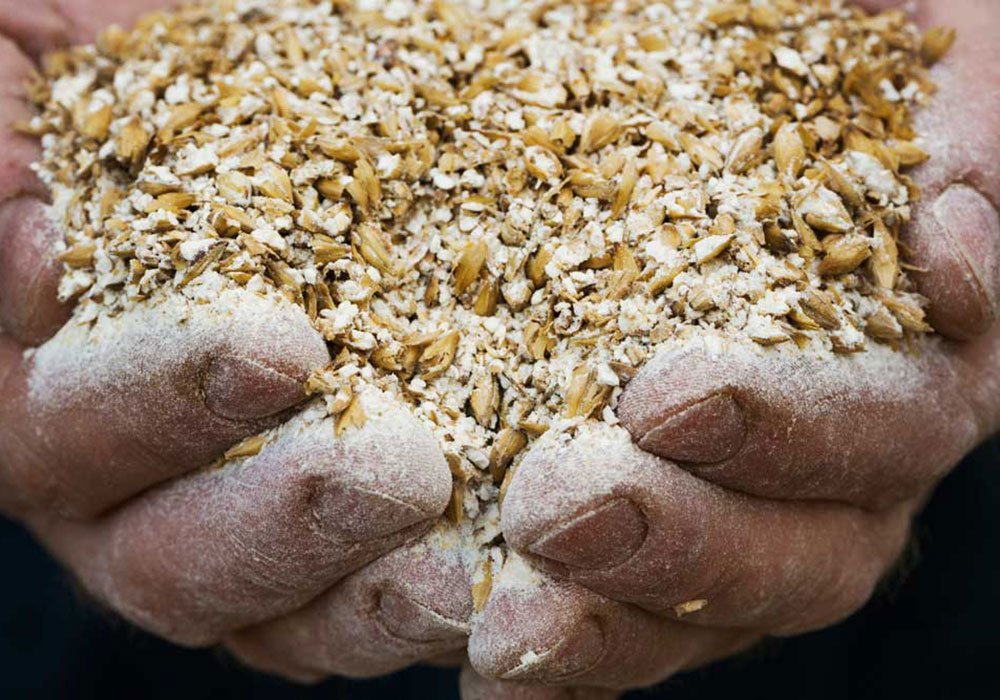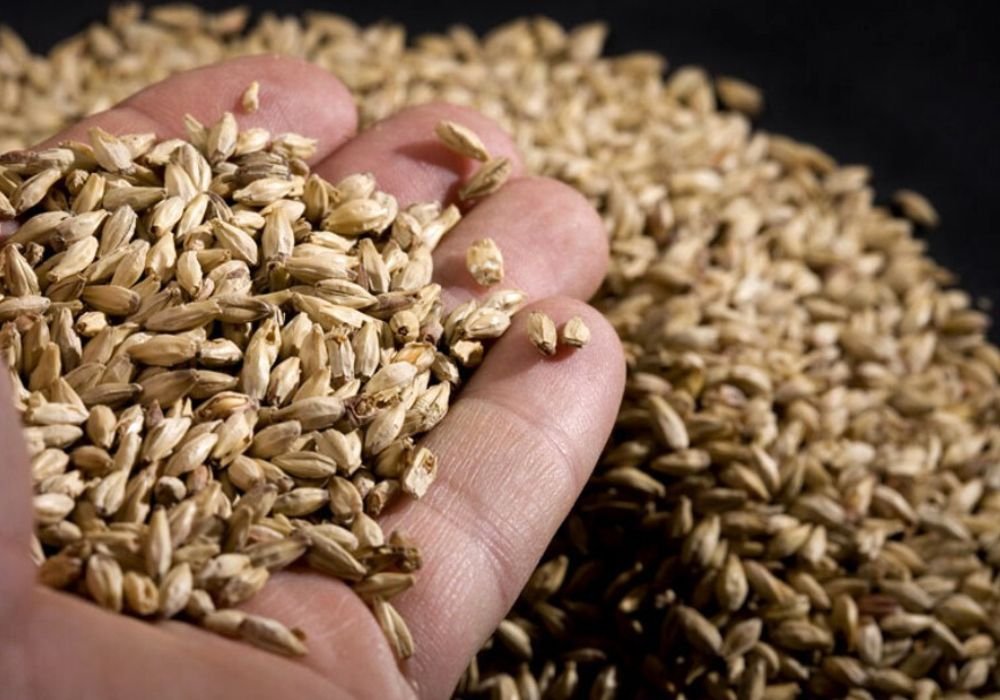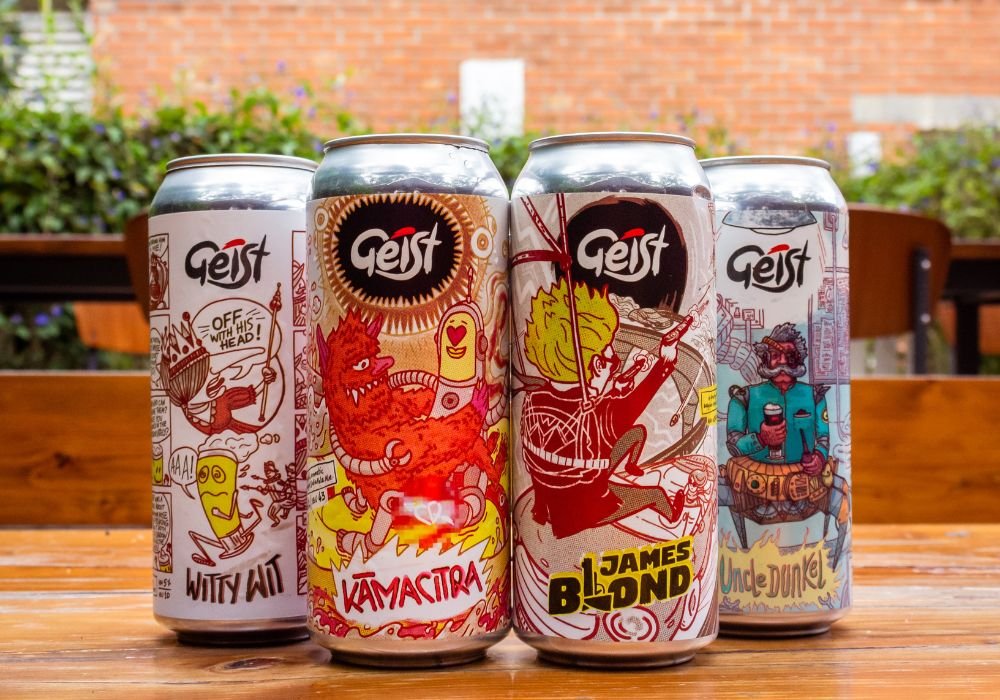Brewing Up New Opportunities From Spent Grains

The brewing industry generates large amounts of food waste including brewers’ spent grain (BSG) and leftover malted grains from beer production. BSG compositions can vary but consistently include high levels of protein and fiber. The potential nutritional and health benefits of BSG have sparked recent interest for food fortification. However, the challenges associated with BSG addition can impact food quality due to increases in fiber and protein content and reduction in starch content.
India consumes about 7 billion liters of beer every year. This releases 25 percent of Spent Grain, which is a highly nutritious and fibrous compound. Spent grains are by-products of alcohol production with a plethora of nutritional values. Due to sustainability initiatives, efforts have been made to valorize brewers’ spent grain (BSG) in nonfood sectors as a source of feedstock, compost, biogas, and substrate for cultivation of high-value microorganisms. One such innovator, wastED, is a sustainable product brand that is rescuing these spent grains to make good edible and nutritious upcycled products. Instead of being dumped into landfills, BSG can be used as a plant protein for human consumption. By processing & packaging this nutrient, the company hopes to upcycle and create an impact.
Impact of Upcycling Spent Grains
Where recycling involves the destruction of waste in order to create something new, upcycling is about creatively repurposing discarded items in their current state to create something new and even more valuable. In this context, it relates to upcycling of the steeped grains from breweries to create an edible flour that can be made into crackers, bites and bars that are delicious, good for you and even better for the environment.

The Upcycling of spent grains:
- Minimizes waste
- Reduces pollution
- Decreases emissions
- Supports local industries
- Conserves global resources and inspires innovation & creativity. It’s a no-grainer!
Transforming and upcycling waste from the beer industry into flour for human consumption will aid in the reduction of food waste and promote food sustainability. Spent grain is by far the most nutrition-rich by-product. But because it is a potential source of high nutrient components and health-promoting bio components, the company looks to utilize spent grain for better use. According to a report on Statista, about 55% of the spent grain produced is currently thrown into landfills or dumped in the water, because of the lack of an organized collated structure in place to cater to the demand and supply of the grain. ‘wastED’ wants to bridge the gap and wants to be close to their USPs such as sustainability, nutrition and innovation. The number of health-conscious Indian consumers is expected to rise to 176 million in 2026 with a 2x increase in per capita spending per family. A booming market – upcycled foods are a solution to sustainability and affordable nutrition.

wastED is spearheaded by Radhika and Dishita who understand the cause and product they are dealing with. It’s a collaborative project with a goal to minimize waste and reduce reliance on new resources.
Their superhero ingredient Mr. Brewise is the by-product of the brewing process. Fibrous, energetic, and super adjusting Mr. Brewise loves food! They wish to use this to attract consumers and create awareness about its use.

Whether you choose to support local businesses like wastED or create a closed-loop waste system in your own home – reducing food waste is one of the easiest and most effective things you can start doing today to protect the environmental future of our planet.
Want to know more about the company? Head over to their website www.letsgetwasted.in



